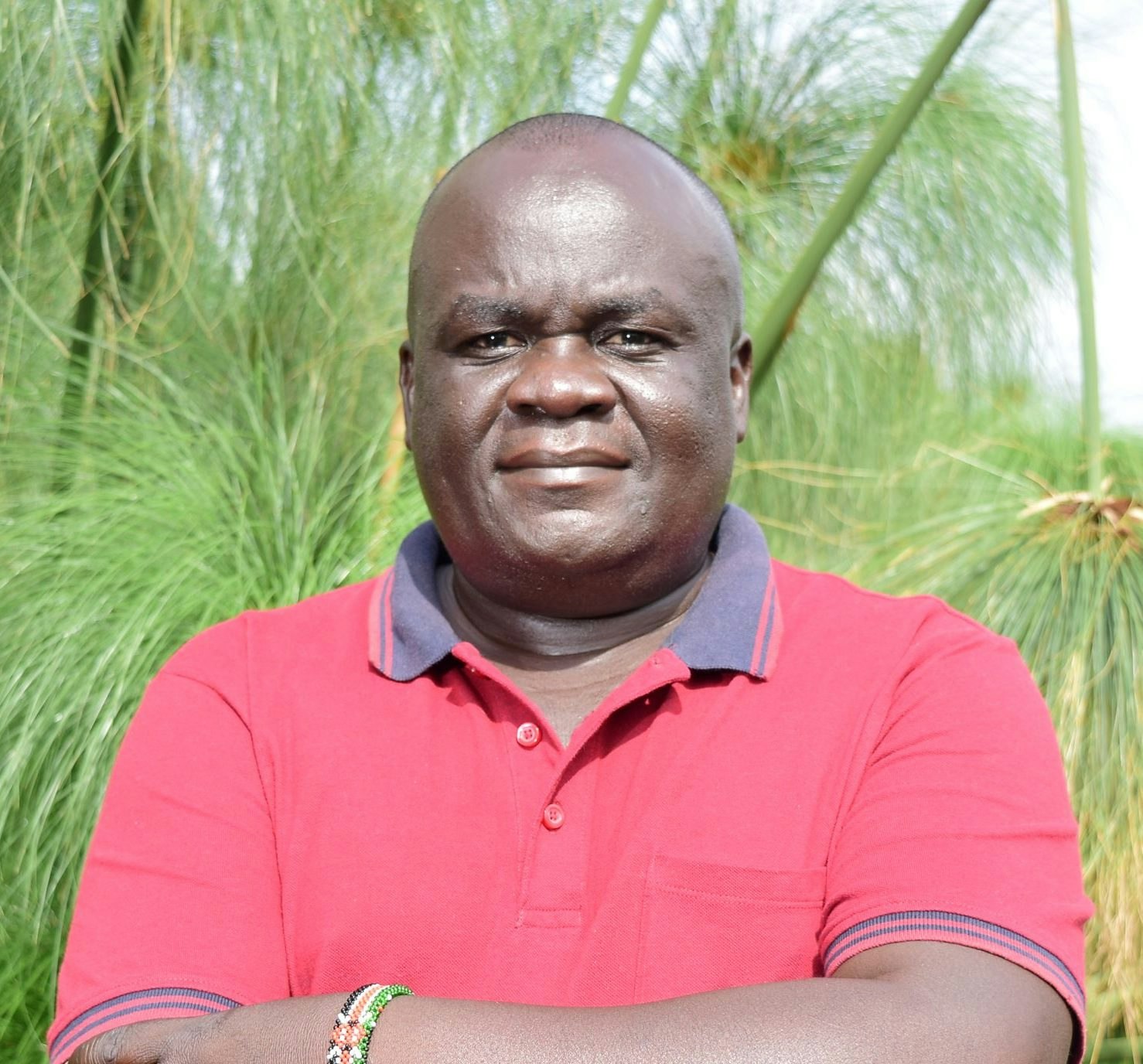Lake Victoria is the largest freshwater lake in the tropics and second largest in the world. However, it is facing a plethora of threats including overfishing, habitat degradation, wetlands loss, introduced species, climate change and pollution, compromising its fish stocks and diversity – with ripple effects felt keenly by those who depend on it for their livelihoods and food security.
FRESHWATER IN FREEFALL
Lake Victoria, a key global biodiversity hotspot, spans across Kenya, Uganda and Tanzania. With more than 500 species of fish, it is the second most productive inland fishery globally and supports over 4 million people whose livelihoods are tied to its value chain. The most recent Living Planet Report stated that freshwater populations have fallen by 83%, the largest decline of any species group, and Lake Victoria is no different: there are now less than 200 native fish species remaining, with the ecosystem, associated livelihoods and food security hanging on by a thread. 
SAVING NATIVE FISH
Fishers are increasingly exploiting small species and intensifying fishing efforts, with impacts on the native populations. Weak fisheries co-management structures also impede effective sustainable fishery management, endangering the main food source, tilapia. Leonard founded Ecofinder Kenya in 1995 to motivate and place responsibility of conserving Lake Victoria’s aquatic ecosystem and associated fish species in the hands of local fisherfolk communities. The project engages grassroots stewards to save native fish and three primary indicator species, all Critically Endangered, while ensuring the long-term sustainability of their livelihoods.
COMMUNITY MANAGEMENT
A Lake Victoria native, Leonard and his team will establish a network of community-driven fish reserves in Winam Gulf, protecting 1,400 km2 of key freshwater biodiversity. The reserves will include no-take fish breeding zones, riparian buffer zones for land-based uses and designated community fishing zones. They will also build the leadership and technical capacity of existing Beach Management Units (BMUs) for more effective co-management of local fisheries, aiming to reduce illegal fishing and other unsustainable practices. Lastly, by training BMU members on alternative green livelihoods and greening the fish value chain, Leonard and his team will reduce pressure on fish stocks while protecting local incomes.this project’s approach has great potential for scale up across the region.
Through grassroots fishery interventions, Leonard will use his Whitley Award to:
- Establish 3,000 ha of freshwater community fish reserves to protect and restore healthy fish populations
- Build the capacity of five Beach Management Units (BMUs) and associated communities for effective fisheries co-management and governance, reducing unsustainable fishing practices by 60%
- Train 200 BMU members in alternative green livelihoods, reducing fishing pressure by 40%
Top Facts:
- 20% of all aquatic lake species are threatened with extinction.
- Lake Victoria has an annual catch of up to 800,000 tonnes, valuing a total of $600 million USD.
- This project will include the protection of riparian wetlands, indirectly benefiting papyrus birds and the semi-aquatic antelope, the Sitatunga.



